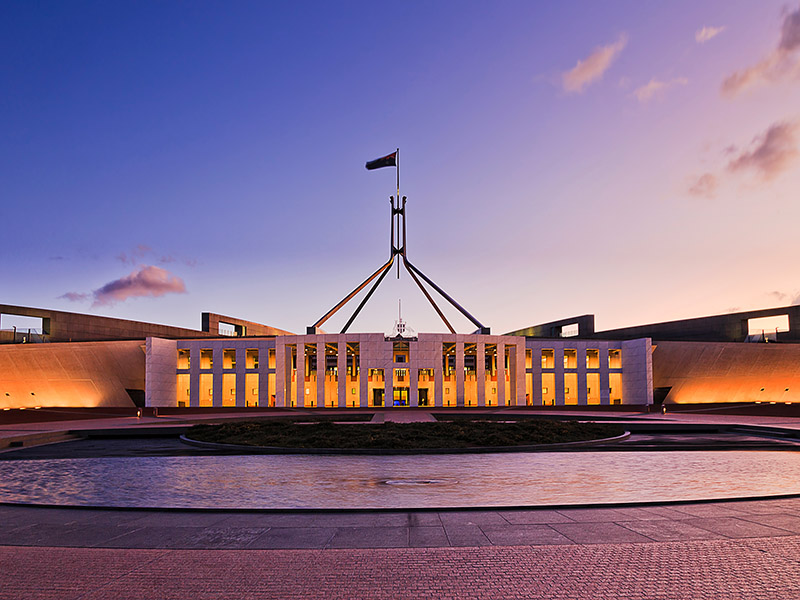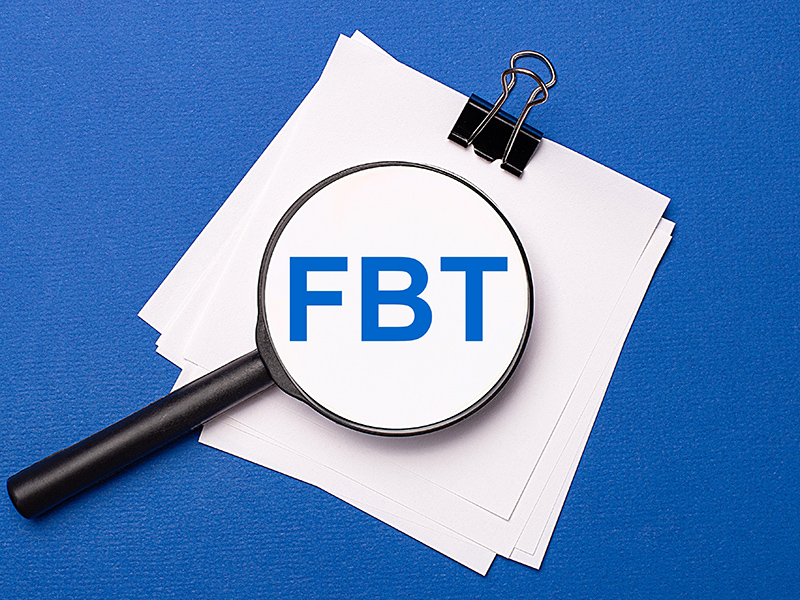
Minimising your FBT liability this festive season
With the Christmas season approaching, many employers will be on the lookout for gifts or events to reward their employees for their work over the past 12 months.
It is important that when doing this you are considering the Fringe Benefits Tax (FBT) implications. A ‘fringe benefit’ is considered by the Australian Taxation Office (ATO) to include benefits provided to an employee in relation to their employment but excludes certain payments including salary and wages.
FBT is separate to income tax and is calculated on the taxable value of the fringe benefit. Employers are required to self-assess their FBT liability for the FBT year (1 April to 31 March) and lodge an FBT return.
Whilst it’s unlikely that you can completely avoid the tax, there are some strategies you can use to minimise the tax you will be required to pay on benefits provided to employees this holiday season.
Christmas parties
While there is no specific ‘entertainment fringe benefit’ category, a fringe benefit may arise from providing employees or their associates with benefits such as:
- food
- drinks
- entertainment
- hire of venues.
If your party is held on business premises during a working day and is only for current employees, you generally won’t have to pay FBT on food and drinks. However, if the event is off-site or includes employees’ associates, you might need to consider FBT, unless the cost per person is under $300 and deemed a minor benefit.
Minimising FBT:
You should record the number of employees, their associates/family and clients attending your Christmas party so your FBT liability can be minimised.
If the event costs less than $300 per person it may be considered a ‘minor benefit’ and be exempt from FBT.
Costs related to clients attending your event are not subject to FBT. This means you can invite clients without worrying about FBT implications for their expenses.
Christmas gifts
Any gifts provided by an employer to an employee or their associate is considered a fringe benefit. This includes gifts such as:
- gift cards
- a bottle of wine
- flowers
- paying for something on their behalf to a third party (e.g. paying for a massage).
Minimising FBT:
You may be able to minimise the FBT payable on these type of gifts by ensuring it is not a reoccurring or frequent event. For example, providing a gift card to employees each month is too frequent for FBT and will be subject to tax.
If the costs for each gift are below $300, they may be considered a ‘minor benefit’ and be exempt from FBT.
Travel
The general rule for travel is that you can claim deductions for travel expenses if you or your employee are travelling overnight for business purposes. However, private travel in a business vehicle may result in a FBT liability.
FBT may apply if you pay for or reimburse your employee for any non-work related travel expenses. You will also be liable for FBT if your employee extends their travel for private purposes and you reimburse them for these private costs.
A Christmas party is considered a private event, therefore any travel done in a company vehicle to a Christmas party may be subject to FBT.
Minimising FBT:
You may be able to minimise your FBT liability by limiting the use of company vehicles by employees over the Christmas break by keeping them on site and ensuring employees do not have access to the keys or vehicles during this time.
It’s essential to maintain accurate records of all entertainment expenses, including costs, recipients and the calculation methods you’ve used. This documentation supports your FBT calculations and ensures compliance.
If you have any questions regarding fringe benefits tax, or wondering if your business activities this Christmas season will be subject to the tax, please contact us on 03 5443 0344 or email fbt@afsbendigo.com.au



